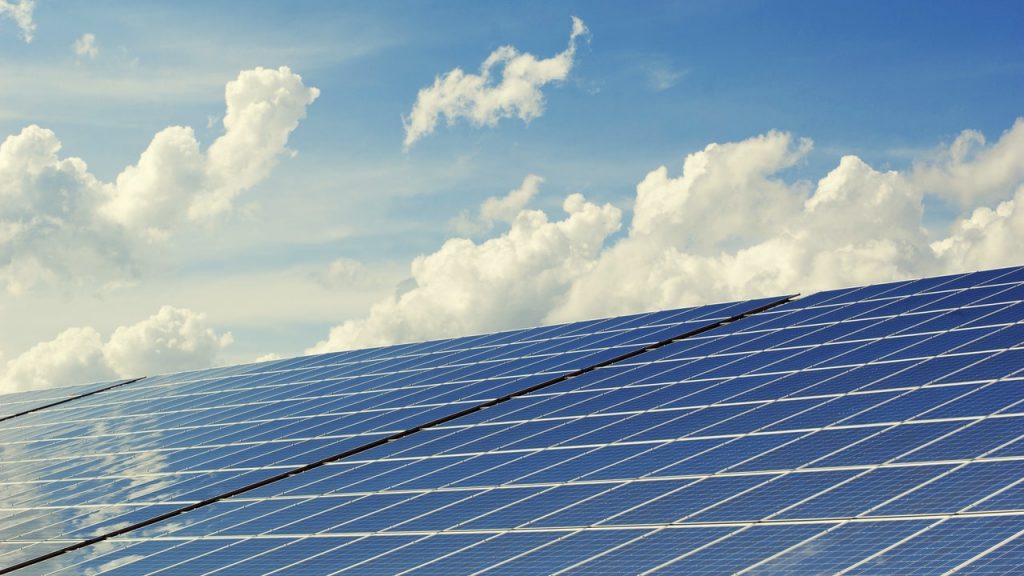WASHINGTON, D.C. —A new report released by the Smart Surfaces Coalition shows cities can cool down heat waves, reduce severe rainfall and slow climate change by deploying smart surfaces, which are reflective, porous and green surfaces, solar photovoltaics (PV) and trees.
Urban areas across the country are suffering from increasingly lethal heat waves as sunlight is absorbed and re-emitted by dark surfaced buildings, roads and other infrastructure, indicates a release, adding these surfaces not only raise temperatures making cities 9 F warmer in the summer on average, but also increase flooding, mold and water pollution.
The report, which quantifies numerous economic, employment, health, and environmental benefits of smart surfaces, uses Baltimore, M.D. as a case study. Baltimore is an average sized city in a very populous climatic zone, so these results are broadly applicable to cities in the U.S. and globally, adds the release. Benefits of broad adoption of smart surfaces in Baltimore would include:
- 4.3 F summer peak temperature reduction in downtown Baltimore;
- $13.5 billion net present value from adoption of smart surfaces with a benefit-cost ratio of over 10 to one, with net savings to the city from year one;
- protection of Baltimore’s critical tourism industry;
- 17 million metric tons of carbon equivalent emissions reduced; and
- create 3,600 full-time jobs (adding two per cent to city employment).
The analysis was funded by the Abell Foundation and was conducted with the guidance of multiple Baltimore city agencies, officials, local non-profits and neighbourhood groups, experts and Smart Surfaces Coalition partner organizations.
The coalition built a customized Baltimore-specific online analytic engine to model multiple adoption targets and timeframes and test, compare and optimize smart surfaces adoption scenarios, the release explained.
The analysis evaluated deployment of 10 distinct smart surfaces, including cool roofs, reflective parking, reflective roads, urban trees, green roofs, solar PV, permeable sidewalks and bioswale-managed parking and roofs.
“Urban surfaces such as roads, parking lots, sidewalks and other concrete infrastructure must play an important role in slowing climate change and protecting city livability — whether that’s by reflecting heat, helping to reduce flooding, or storing carbon,” said Ian Riley, president of the World Cement Association, in a statement. “As the analysis of Baltimore shows, adopting smart surfaces is a critical, cost-effective strategy that can protect our cities and the people who call them home. We’re proud to partner with and support the Smart Surfaces Coalition.”
For more on the report visit https://smartsurfacescoalition.org/baltimore-report.




Recent Comments
comments for this post are closed